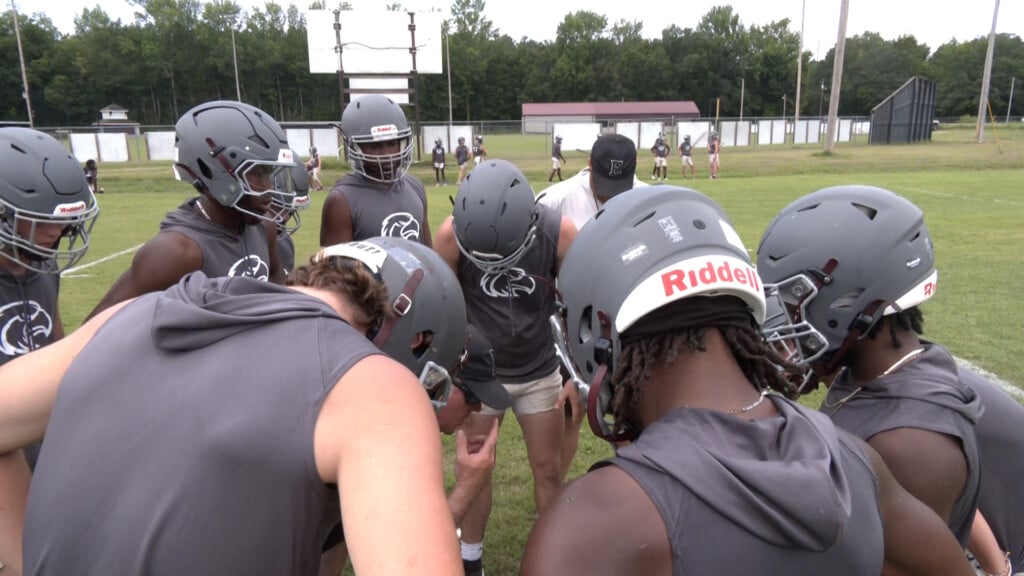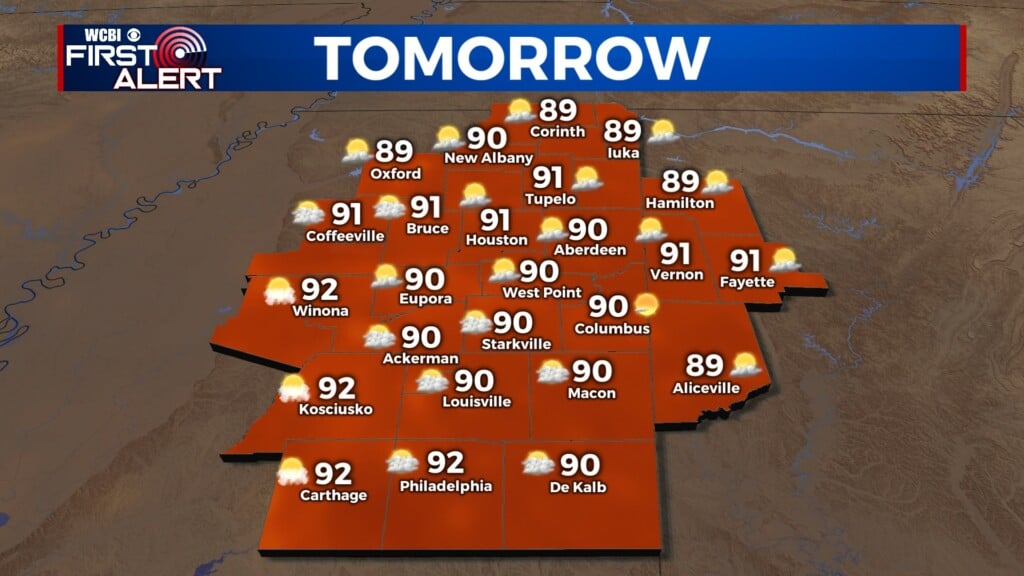Which borrowers will — and won't — get help under stimulus law
The $2.2 trillion financial relief package President Donald Trump signed into law last week, called the Coronavirus Aid, Relief and Security (CARES) Act, offers many Americans a break on their loans as the coronavirus slams the economy. But not everyone will get a helping hand, and many consumer advocates think the law doesn’t provide enough relief.
The CARES Act “won’t stop severe consequences for American families who are struggling with debt, have little to no savings, are being crushed by the economic fallout,” National Consumer Law Center Associate Director Lauren Saunders said in a statement last week.
Here’s why: The stimulus package mandates loan forgiveness for many publicly backed loans, but it does not require private lenders or major banks to offer loan relief to struggling borrowers.
Read on to learn about what kind of debt relief borrowers are getting under the CARES Act.
Student loans
Loan relief: Substantial. The CARES Act suspends payments on federally backed student loans until September 30.
Who’s in: That covers about 80% of all student loans, and borrowers won’t be charged any interest until September 30.
Not paying your loan also won’t hurt your credit report or your credit score. In fact, the stimulus law requires lenders to continue to report every month that borrowers are current on their loans and making payments even if they have temporarily suspended those payments.
Who’s out: The CARES Act provides little help for private student loans, which are held by about 9 million Americans and make up about 20% of the student loan market.
“The Senate picked winners and losers by giving certain federal student loan borrowers a short break from making payments, from interest accrual and from involuntary collection, but withholding that help from others,” the National Consumer Law Center said in a review of the coronavirus economic relief bill.
Mortgage loans
Loan relief: Not automatic. Many borrowers may be able to put off mortgage payments for as long as a year. But unlike with student loans, the mortgage forgiveness is not automatic.
Borrowers must first call their mortgage loan servicers to ask for relief. (Note: The servicer is usually the same bank that made your mortgage loan, but not always. Either way, the name of your servicer will be on your monthly bill.)
Servicers who have been asked by borrowers for relief are required to offer a pause in repayment for 90 days at a time. Borrowers can ask to extend the relief up to four times, with no penalties, but they will have to call before the end of each relief period to get extensions.
Who’s in: The good news is borrowers don’t have to provide any documentation to prove their finances have taken a hit from the coronavirus. Loan servicers are required by the CARES Act to suspend payments with no questions asked. Servicers also are barred from adding any penalties or additional interest if people skip payments.
As with student loans, though, the CARES Act creates a large group of have-nots. The coronavirus relief is only for borrowers with loans backed by Fannie Mae and Freddie Mac, the federally controlled mortgage giants. Many loans made by private lenders are backed by Fannie and Freddie. (To look up your mortgage, go to Fannie and Freddie’s websites, here and here.)
Who’s out: About 30% of all mortgage lenders were unable to qualify for the no-questions asked relief from the CARES Act. Most major banks have announced that they will provide mortgage relief as well. But that’s not automatic, either. You must first call the bank, and some lenders may require you to prove financial hardship.
Banks may also have different policies about dealing with missed payments once the forgiveness period is up. For instance, Bank of America said it is working with customers, but has not promised to waive interest even if borrowers are allowed to skip payments.
Auto loans
Loan relief: Minimal.
Who’s in: No one.
Who’s out: Unlike with student loans or mortgages, the federal government does not guarantee auto loans. That means the U.S. can’t force auto lenders to suspend payments or call off car repossessions.
As with mortgage loans, though, nearly all of the major lenders have said that they will suspend loan payments for borrowers who call to say they have been affected by the coronavirus.
The good news is that the CARES Act does provide some protection for your credit score. If an auto lender does agree to suspend payments or provide other loan relief, the law prohibits lenders from filing a negative report about the borrower to a credit-rating agency. That only applies to borrowers who were current on their loans as of January 31.
Credit cards
Loan relief: Very little.
Who’s in: As with auto loans, the CARES Act essentially offers no relief for credit card borrowers. Many credit card issuers are voluntarily providing relief, but it is only for borrowers who call and ask. Apple Card, American Express and Capital One will allow you to skip a payment without accruing interest, according to CreditCards.com.
Who’s out: Credit card debt may end up being a major source of pain for borrowers in the current crisis. Americans collectively owe about about $1 trillion on their credit cards. And most borrowers who skip payments will continue to be charged interest even if a bank says it will waive late fees.





Leave a Reply